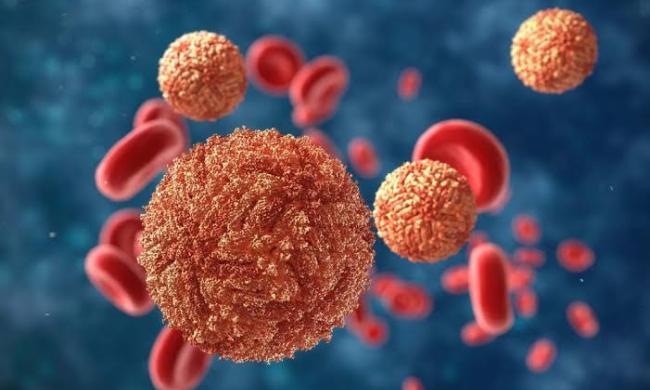The Nigeria Centre for Disease Control and Prevention (NCDC) has officially announced the outbreak of dengue fever in Sokoto State.
The NCDC statement, released on Saturday, reveals that the outbreak was identified in November 2023.
According to NCDC Director General Ifedayo Adetifa, 71 suspected cases have been reported, with 13 confirmed cases in three Local Government Areas: Sokoto South (60 cases), Wamako (three cases), and Dange Shuni (one case). Fortunately, no deaths have been reported.
Most suspected cases fall within the 21-40 age range. Dengue fever is a viral infection transmitted through mosquito bites, commonly found in tropical and sub-tropical climates.
The symptoms include high fever, severe headache, eye pain, muscle and joint pains, nausea, vomiting, swollen glands, and rash. While most cases are mild, severe cases can lead to death.
Individuals infected for the second time are at a higher risk of severe dengue.
The NCDC-led National Emerging Viral Haemorrhagic Diseases Technical Working Group has conducted a rapid risk assessment.
The current risk level is deemed moderate, with adequate in-country capacity for an effective response.
Nigeria’s preparedness, honed through experiences with Ebola and Lassa fever outbreaks, includes diagnostics capacity at the NCDC National Reference Laboratory in Abuja and the Usman Dan Fodio University Sokoto Teaching Hospital Laboratory Centre.
The NCDC plans to optimize existing Lassa fever testing labs for dengue diagnosis.
An effective response system is in place, with control capacities to limit the risk of spread to other states. The situation is being closely monitored to prevent a large-scale outbreak.



